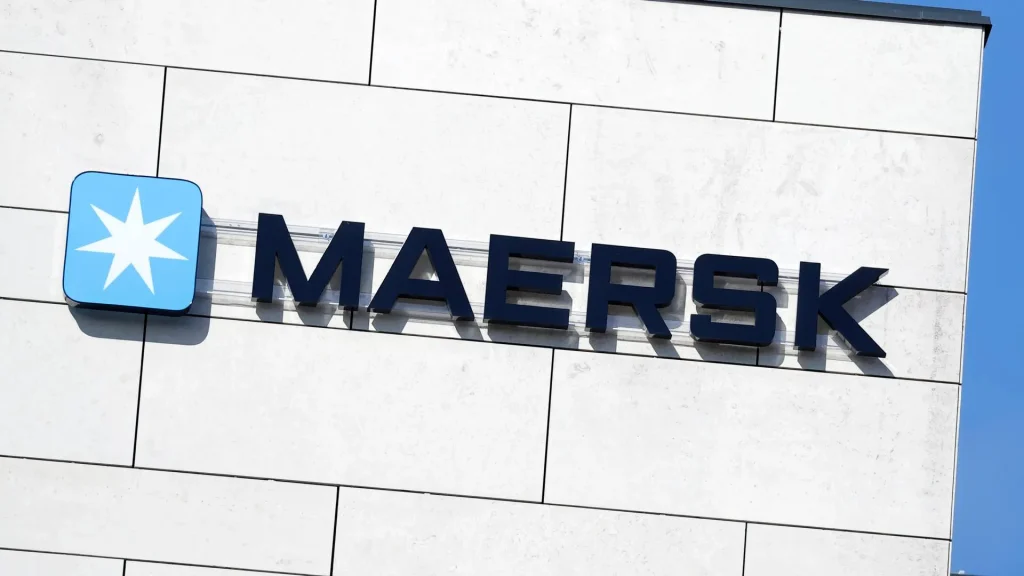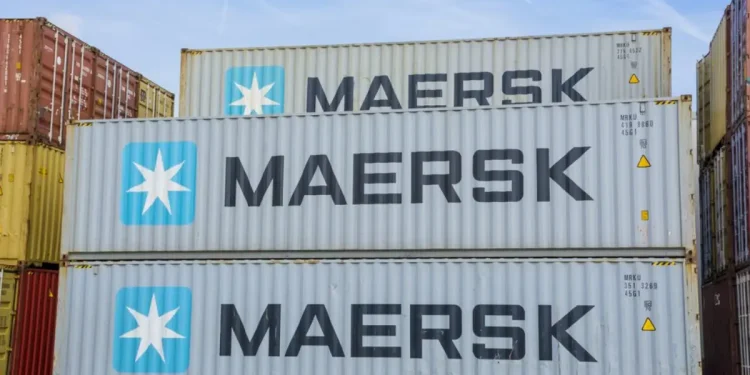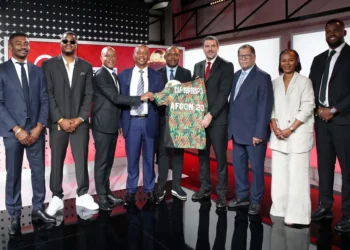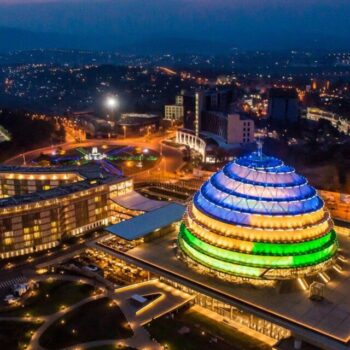South Africa is bracing for fresh trade turbulence after Danish shipping giant Maersk said it would discontinue direct cargo shipments between the country and the United States from 1 October.
The decision, first reported by SABC News, means all shipments will now be rerouted through European transshipment hubs — a shift expected to cause delays and drive up logistics costs for exporters.
Maersk says the change is part of a broader operational restructuring and global supply chain realignment. But for many in South Africa’s export sector, the timing is difficult to ignore.
It comes as diplomatic tensions between Pretoria and Washington continue to escalate. The Trump administration has threatened to review South Africa’s eligibility for AGOA — the African Growth and Opportunity Act — a trade agreement that gives duty-free access to the US market for thousands of African products.
The withdrawal by Maersk leaves just one direct shipping line between South Africa and the United States.
For South African businesses already under pressure, the impact will be immediate and far-reaching.
Direct shipping routes that used to take four to six weeks will now stretch to six to eight weeks or more, depending on congestion at European ports. Exporters say longer lead times threaten delivery schedules — especially in time-sensitive sectors such as agriculture.
The financial strain is also expected to worsen. Rerouting adds transshipment fees of around $200 to $250 per container. On top of that, Maersk’s peak season surcharges could reach up to $1,000 for a 40-foot container. Freight rates overall are forecast to rise by 20 to 40 percent.

The Maritime Business Chamber (MBC) has voiced concern over the knock-on effects, particularly for fresh produce exports.
“There are time-sensitive sectors, such as the fresh fruits ones,” said MBC Chairperson Unathi Sonti. “Which then require the number of days that the vessel would have to go direct to New York from South Africa.”
“With transshipment,” he explained, “it must go to another port, and we don’t know what the waiting period in that port will be. And then it gets to the transshipment, and we pre-empt it goes to where it’s supposed to go.”
“So, there is a greater implication in that.”
Sonti added that the situation underscores the need for South Africa to invest in its own shipping lines.
The change in Maersk’s operations, while framed as commercial strategy, has sparked wider fears about how geopolitical shifts and trade diplomacy are increasingly shaping — and reshaping — the logistics routes that underpin global commerce.

















